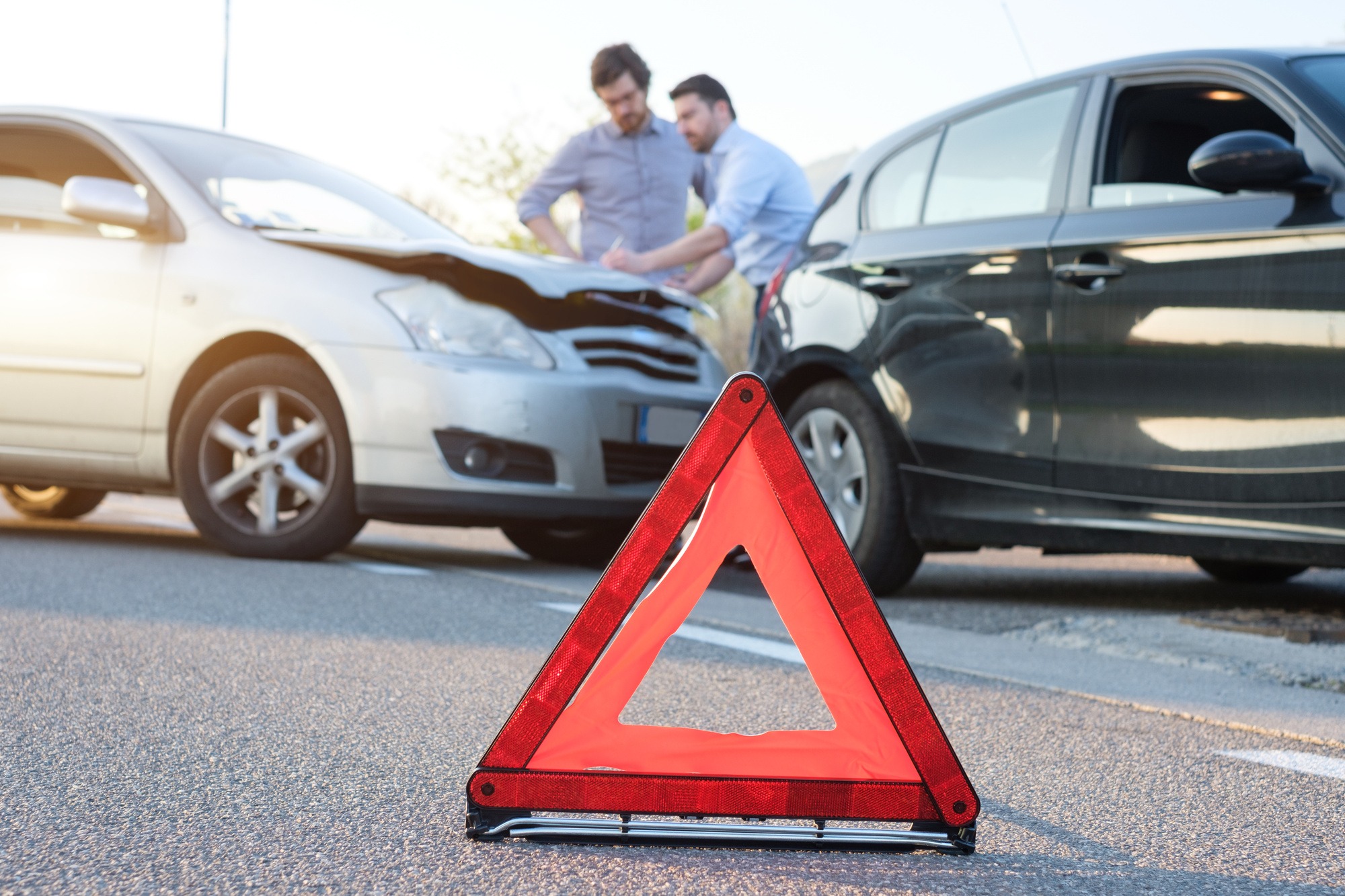You could be involved in an auto accident that’s your fault at any given time. Regardless of whether the responsibility lies entirely with you, the realization that you caused an accident can be stressful and burdensome on your mind.
Knowing how to conduct yourself and the steps to take after an accident is essential, as the aftermath of an at-fault crash can be pivotal. It’s vital to safeguard your legal and financial concerns and avoid aggravating a problematic situation. Whether you’re facing an insurance claim or a personal injury lawsuit, it’s crucial to understand the best steps after an accident you can take and avoid when you could be held responsible for an accident. Here’s what to do if you’re at fault:
1. Don’t Leave The Scene
Above all else, you mustn’t flee from the location of the car crash, regardless of the circumstances. Each state has laws mandating drivers to stop and stay at the crash site. If drivers have violated the law or anticipate receiving other criminal lawsuits, they might attempt to flee to evade the repercussions. However, fleeing the site of an accident can result in a lockup and a severe criminal case for committing a car accident, as well as holding you responsible for the crash. Following the law and stopping is always the preferable option.
2. Call The Police
It’s crucial to inform the police, particularly following a car accident or accusations of deliberate harm such as assault. It enables them to gather statements and file reports from all involved parties and witnesses at the scene. A police report can be helpful if the plaintiff alters or amplifies their account in the future. However, in certain types of incidents, such as slip-and-fall accidents, law enforcement shouldn’t be contacted and won’t be involved.
3. Keep Calm
As you await the arrival of the police, it’s advisable to minimize interactions with others. In certain circumstances, the other car driver might attempt to display or confront your frustration over the accident. It’s essential to remain composed and refrain from admitting fault or apologizing. It’s easy to fall into the trap of regretting getting preoccupied or failing to notice the other vehicle. However, you must avoid making such statements, as you should never acknowledge any careless behavior toward the other driver.
Remain courteous, but limit your communication as much as possible. Assess whether anyone has sustained injuries and offer the necessary information that the driver requires from you. Subsequently, wait patiently till medics and law enforcement personnel arrive. Regardless of whether the other car driver behaves aggressively, avoiding responding aggressively or defensively is essential.
4. Gather Evidence
Gathering evidence at the accident site is crucial if you’re physically capable. There might be instances where evidence suggests you share the responsibility for the accident, making it particularly valuable.
Here are the steps to collect evidence immediately after the accident:
- Gather all individuals’ contact details.
- Collect witnesses’ names and contact details and determine if they have proof of the collision.
- Look for nearby cameras that might have recorded the accident, such as dash cams, doorbells, traffic lights, and security footage for nearby buildings.
- Utilize your phone to capture scene photographs, including all car damage, debris, environmental factors, and road conditions.
By obtaining the necessary information and documenting the scene through photographs, you can help protect yourself in case of any legal disputes or discrepancies that may arise in the aftermath of an accident.
5. Call Your Insurance Company
Once you’re stable, informing your insurer about the accident is crucial. Although it may not be the most pleasant call to make, it’s necessary to notify them of the incident by giving official statements regarding the cause of the accident.
Notifying your insurance company promptly about a covered event is crucial, as failing to do so may lead to a claim denial or even termination of coverage.
6. Call Your Attorney
Afterward, contacting a skilled car accident lawyer is recommended. Some may wonder why they need a lawyer if the accident was their fault. Even so, having an attorney assess your case and guide you through your legal options can offer a range of advantages that you may have yet to consider.
A hardworking and thorough lawyer can assist in obtaining evidence that could effectively prove the other party’s involvement in causing the accident. It could reduce the compensation you are liable for and help you receive any damages you may be entitled to.
Conclusion
Being involved in a car accident can be a traumatic experience. Still, knowing how to protect yourself and your rights is essential. It’s crucial to stay calm, assess the situation, and take the necessary steps to ensure your safety. Remember to gather evidence, seek legal advice, and promptly notify your insurance company. By following these steps, you can minimize the complications and stress associated with a car accident and increase your chances of receiving fair compensation for any damages or injuries you may have suffered.


